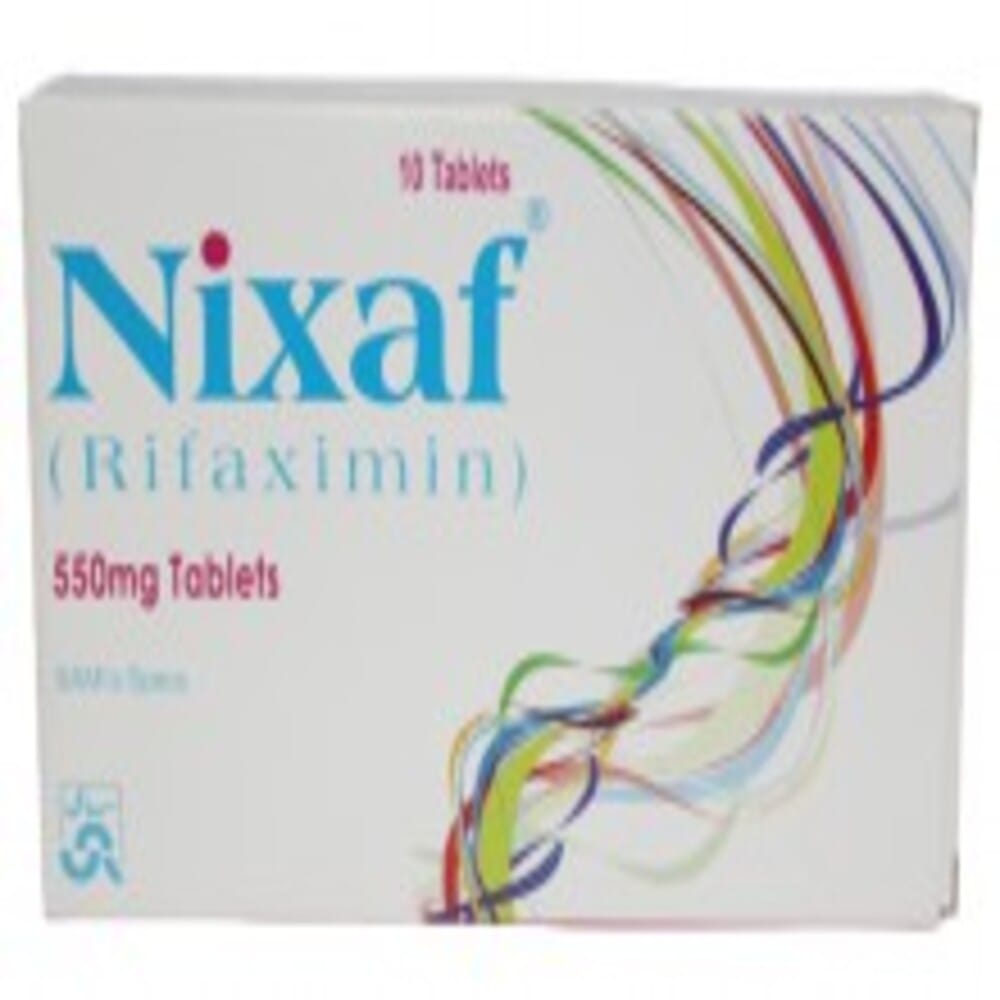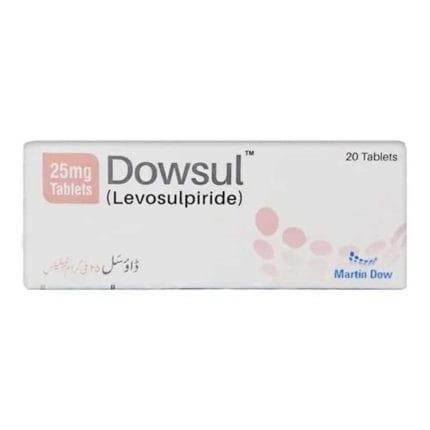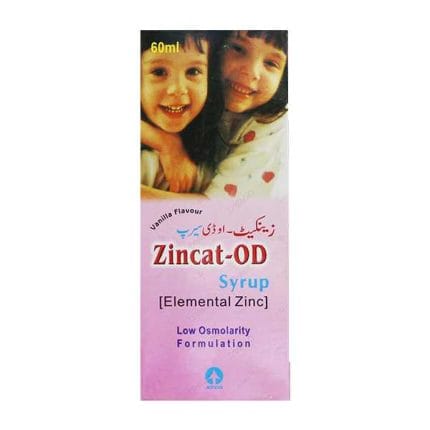Requires Prescription: Yes
Generics: Rifaximin
Used For: Bacterial Infection
How It Works: Rifaximin binds to the beta-subunit of bacterial DNA-dependent RNA polymerase, inhibiting bacterial RNA synthesis. It is effective against non-invasive strains of Escherichia coli (enterotoxigenic and enteroaggregative strains). Rifaximin may also reduce the production or absorption of bacterial-derived neurotoxins, such as ammonia, which are linked to neurocognitive and neuromuscular dysfunction in patients with hepatic encephalopathy.
Usage and Safety:
Dosage: Administered as prescribed by your healthcare provider.
Side Effects:
Traveler’s Diarrhea: Common side effects include flatulence, headache, abdominal pain, rectal tenesmus, urgency to defecate, nausea, constipation, fever, and vomiting. Less common effects can include lymphocytosis, ear pain, tinnitus, dry throat, and various other symptoms such as abdominal distension, rash, and weight changes.
Hepatic Encephalopathy: Common side effects include peripheral edema, nausea, dizziness, fatigue, ascites, muscle spasms, pruritus, and abdominal pain. Uncommon effects may include vertigo, confusion, and changes in glucose levels, among others.
Drug Interactions: May interact with CYP3A4 substrates, rifamycins, and substrates of P-glycoprotein.
Indication: Used to reduce the development of drug-resistant bacteria and to maintain the effectiveness of rifaximin and other antibacterial agents. It is indicated only for infections proven or strongly suspected to be caused by susceptible bacteria.
When Not to Use: Contraindicated in patients with hypersensitivity to rifaximin, other rifamycin antibiotics, or any excipients in the product. Not to be used during pregnancy or by women of childbearing potential not using contraception. Also contraindicated for treating traveler’s diarrhea caused by invasive pathogens like Campylobacter, Salmonella, and Shigella.
Precautions:
Precaution: Discontinue rifaximin if diarrhea symptoms due to pathogens other than Escherichia coli worsen or persist for more than 24-48 hours. Consider alternative antibiotic therapy.
Warnings:
Warning 1: Clostridium difficile-associated diarrhea (CDAD) has been reported with rifaximin use and can range from mild diarrhea to severe colitis. CDAD should be considered in patients with diarrhea following antibiotic use. If CDAD is suspected or confirmed, discontinuation of rifaximin and use of appropriate antibiotics may be required.
Warning 2: The excretion of rifaximin in human milk is not known. Due to potential adverse reactions in nursing infants, a decision should be made whether to discontinue nursing or the drug, considering the importance of the medication to the mother.
Warning 3: Increased systemic exposure may occur in patients with severe hepatic insufficiency. Caution is advised when administering rifaximin to these patients.
Additional Information:
Pregnancy Category: Consult your physician before using this medication if you are pregnant or planning to become pregnant.
Storage: Store at room temperature, away from direct light and heat.























Reviews
There are no reviews yet.